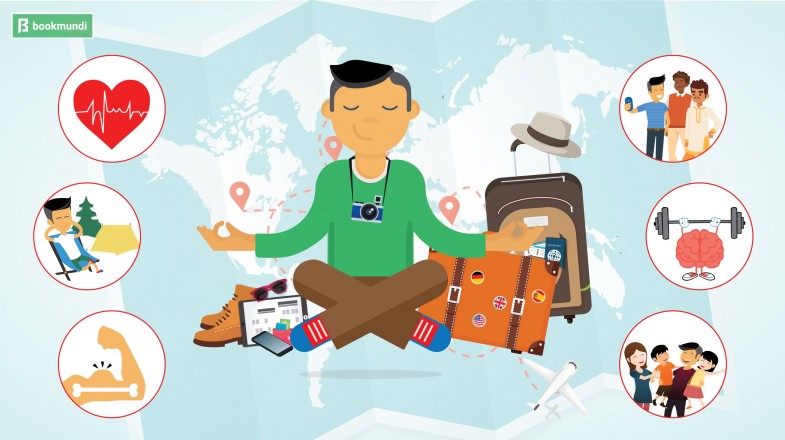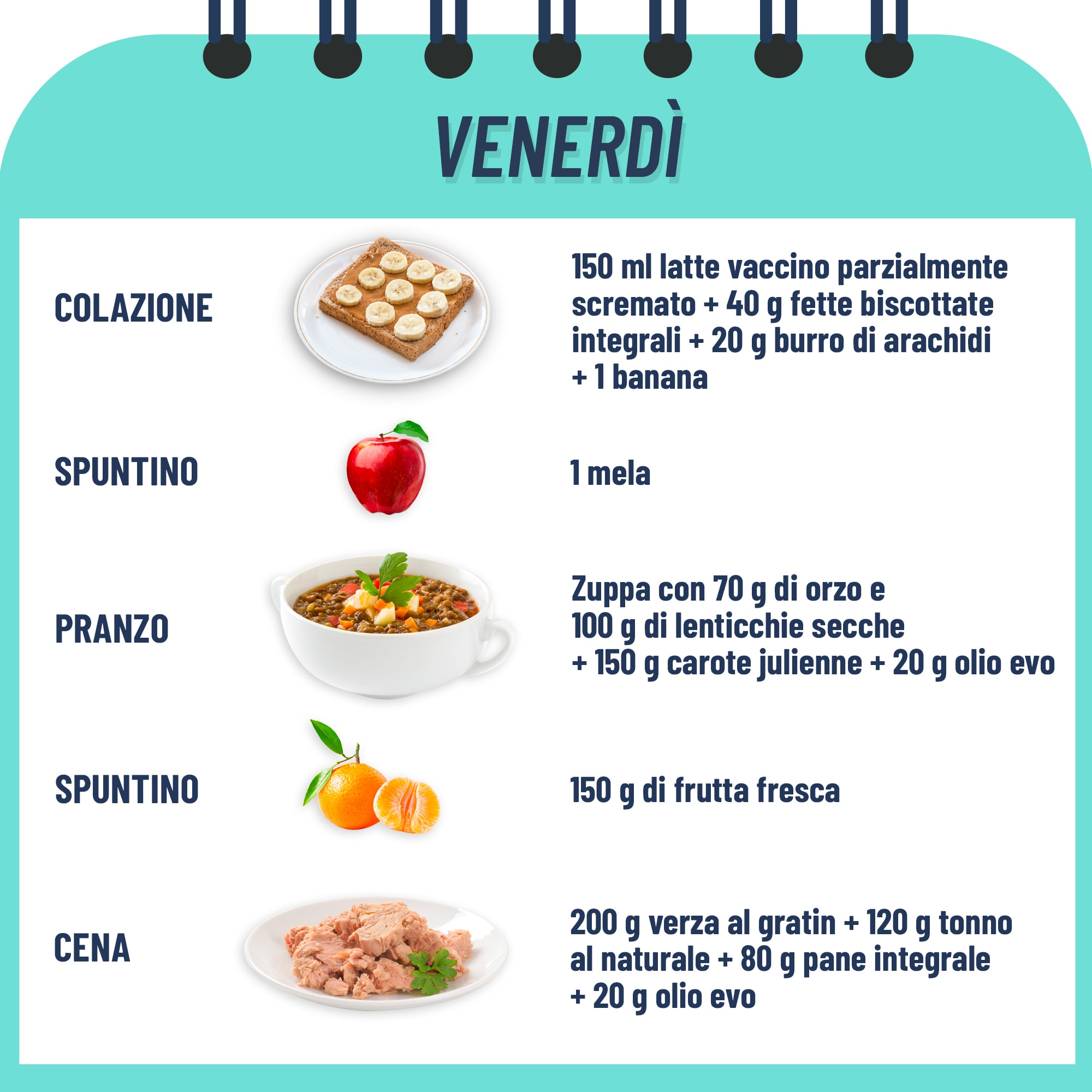
Choosing the right sports nutrition plan is an important part of achieving your athletic goals. It is important to eat a healthy diet. You should not consume too many calories, or too little protein. Although carbohydrates may seem like the most important food group for an athlete, many people believe they are. You can fuel your body with the right balance of carbohydrates and proteins to help you achieve your goals.
In order for their bodies to process the food and reduce gastrointestinal upsets, athletes should eat meals at least 3 hours before competitions or exercises. It is vital to eat a healthy diet with plenty of carbohydrates, proteins, and fat. You should also limit your intake of starchy veggies and junk food. The best nutrition for sports includes a balanced diet consisting of lean meats as well as fruits, vegetables, and whole grain. These foods are great sources of vitamins, minerals, but not good sources of calories.

Before an event, carbohydrates are the most important food that an athlete needs to eat. Carbohydrates are the main source for energy. Foods rich in carbohydrates include cereals, milk, bread, cereals, grains, fruits and vegetables. Consuming carbohydrates in small quantities is the best way to get them. Avoid high-fat and high-protein meals. For best results, eat a high-carbohydrate meal before an event and consume it at least two hours before the competition.
The ideal diet for athletes should be rich in complex carbohydrates as well as healthy fats. Ideal diets should contain between 45% and 66% carbohydrates, 10 to 30% protein, 25 to 35% fat, and between 10% and 30% protein. Water intake is essential before, during and after any sport. Consuming the right foods at right times can help maximize performance and prevent damage to your muscles from oxidative stresses and swelling. To improve recovery, athletes need to eat right and also take supplements.
Balanced carbohydrate and fat intake is essential for athletes. After digestion, carbohydrates are reduced into glucose, which the body's primary fuel source. It is converted into glycogen. This type of fat is stored in muscle tissue, and is essential for an athlete's training. Athletes can boost their glycogen levels by eating carbohydrates and fatty foods prior to and after events. This will help them avoid dehydration.

Athletes should drink sufficient water, in addition to consuming adequate amounts of dietary fiber. To maintain optimal health, it is important to drink enough water. To sustain its activities, the body requires a steady supply of fluids as well as sodium. This is the best way for muscle cramps to be avoided and to improve performance. Athletes should always keep their diet balanced with their training schedule. This is especially difficult for endurance athletes. It can also cause headaches and cramps.
FAQ
How many calories should I consume daily?
This varies from person to person. On average, you need 2000 to 2500 calories per days. It is important to consider your lifestyle and determine how many calories you'll need.
What is a good gym routine for you?
Regular exercise is key to staying healthy. It doesn't make a difference what kind of activity you choose. As long as you do it often, it will be beneficial. Consistency is key. To achieve success, you need to persevere for a long time.
Begin by walking for a few minutes each day. You can gradually increase the amount of exercise you do until you have 30 minutes each day. This could include running, cycling, swimming, weight training, yoga, or aerobics classes.
You should try to ensure that you exercise most days of the week. If you have a reason to miss a session, don't skim it.
Make sure to wear appropriate clothing and footwear for outdoor exercise. It is important to take into account the weather conditions, and how they may affect your ability to exercise safely.
When exercising, ensure you drink lots of water. Drinking alcohol during exercise can cause dehydration. Avoid caffeine-rich drinks like coffee, tea, and coca. They may give you energy, but they will also dehydrate you.
It's common to feel tired after your first workout. However, if you continue with your program, you'll soon feel more energetic and refreshed.
Eggs good for men
All the nutrients that the body needs are found in eggs. It also helps maintain strong bones, a healthy heart and lungs, and stable blood pressure.
Eggs are an excellent source of protein, vitamins A, B12, D, E, K, calcium, phosphorus, iron, zinc, copper, magnesium, selenium, and riboflavin.
The cholesterol content of egg yolks is high. However, the egg yolk is low in cholesterol. Eggs are lower in saturated fat than other foods.
They are also low in calories and sodium. They are very versatile and can be cooked any way you'd like. They can be cooked in a variety of ways: poach, saute, bake, hard-boil or fry.
They are delicious and very easy to prepare.
At least two whole eggs should be consumed each day. You don't have to eat eggs.
Eggs are a good source of essential nutrients for our bodies. You can add eggs to your daily diet now.
Is there any benefit to doing yoga?
Yoga has been popular since ancient times. Celebrities, as well as everyday people who are looking to stay fit and healthy, have made yoga a hugely popular choice.
Yoga is great for strengthening your muscles and stretching them. It calms you down and relaxes you.
Yoga and other forms exercise differ in that yoga is focused on breathing techniques.
For balance and flexibility, there are many poses you can do.
How fast can my body be transformed?
Your mindset must be changed. You have to be willing to change.
After you have made the decision to change, you should commit to working towards your fitness goals for at minimum 3 months.
You will then need to choose a program that is compatible with your lifestyle.
Also, you need to set realistic goals. If you are unwilling to put in the time and effort necessary to achieve your goal, don't waste your money on a gym membership.
Instead, take advantage of your free time to exercise outside.
If you spend an hour a day walking around the block, you'll burn enough calories to lose 1 lb per week.
Now that you know what you're going to do start planning how you will organize your life to fit this new plan.
It is important to set aside time every day for exercise before going to work. You can also take breaks throughout each day to get up and move.
Finally, you should reward yourself when you reach milestones. This could include buying clothes or accessories that reflect your success.
Statistics
- Get free shipping and 25% off today. (healthline.com)
- According to the American Academy of Dermatology (AAD), men over 50 are at a heightened risk of developing it. (healthline.com)
- The PRS enabled risk stratification for overall prostate cancer and lethal disease with a four-fold difference between men in the highest and lowest quartiles (HR, 4.32; 95% confidence interval [CI], 3.16-5.89). (pubmed.ncbi.nlm.nih.gov)
- According to the American Heart Association, blood pressure should be checked at least once every two years, beginning at age 20. (my.clevelandclinic.org)
- Candidates and applicants must pass all four tests at 70% (minimum level) to graduate from Basic Deputy U.S. Marshal (BDUSM) Training. (usmarshals.gov)
External Links
How To
What should I eat before going to the gym?
You need to eat less calories than you burn while exercising in order to lose weight. You must also eat all of your nutrients.
This includes protein as well carbohydrates, fats, and vitamins.
The best way to achieve this is to eat smaller meals throughout a day rather than three large meals.
It is possible to not do as well if your body is too full when you work out.
Water is better than energy drinks that contain sugar and caffeine. This will keep your body hydrated and energized.
Make sure to drink enough fluids. Too much water can dilute your electrolytes.
Electrolytes are essential for the body's proper functioning.
If you don’t have any access to water, sports drinks might be a good option. They are rich in sodium, potassium, calcium and magnesium as well as other minerals.
This helps replenish electrolytes that have been lost. However, these won't replace any electrolytes that you might have lost from sweating.
A multivitamin pill can be taken if you worry about losing too much salt while exercising.
These supplements contain additional vitamin B6, which can help regulate your body's sodium levels.
Supplements are not recommended if you don’t know the amount of salt in your food or beverages.
They aren’t regulated under the Food and Drug Administration.
Sports drinks, for example, can have higher sodium levels than others.
Some sports drinks could even contain artificial sweeteners. These can cause problems with the digestive system.
If you are worried about too much salt, you could try sea salt.
It contains less chemicals than table sodium.
Sea salt is also low in iodine, another mineral needed for healthy thyroid function.